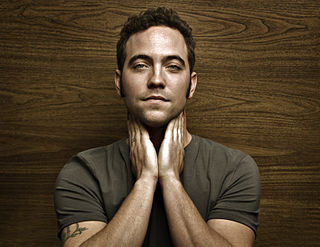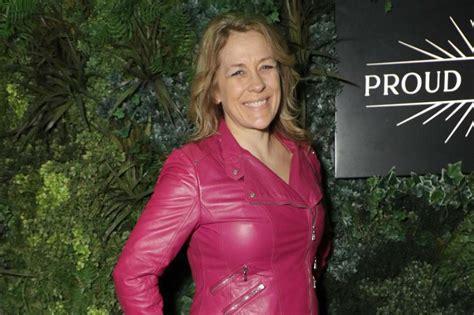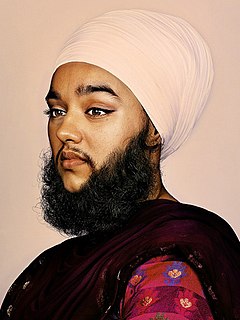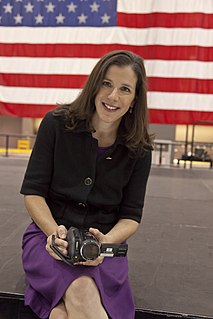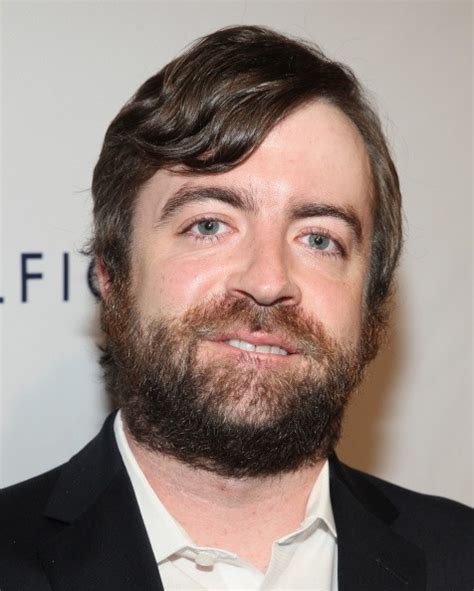A Quote by Justin Rutledge
I work more emotively. If someone listens to one of my songs and says, "I know exactly what that's about," then I've done something wrong. I'm not doing my job properly because that's not what I want to do.
Related Quotes
As someone who listens almost exclusively to contemporary hip-hop and R&B, I definitely like "No Bullshit" by Chris Brown, and melodically I'm really into what he's doing - that song is kind of singular because it's got this piano intro and outro. But obviously I'm not singing about what he's singing about. What we want out of our songs is not the same thing.
It's very nerve-wracking dressing someone because you obviously do everything you can to get them to be interested in something you've done, and then you hear they're wearing it, and then, obviously, they're going to step out in it, and you want to know that it's all going to work and what everybody's going to say about it.
It's important, therefore, to know who the real enemy is, and to know the function, the very serious function of racism, which is distraction. It keeps you from doing your work. It keeps you explaining over and over again, your reason for being. Somebody says you have no language and so you spend 20 years proving that you do. Somebody says your head isn't shaped properly so you have scientists working on the fact that it is. Someone says you have no art so you dredge that up. Somebody says you have no kingdoms and so you dredge that up. None of that is necessary. There will always be one more thing.
If you enjoy learning, if you enjoy the curiosity of music and what can be done with it, and stop looking at it as something you have to do because someone says this is what you have to do to be a professional, you know, learn it because you're curious about it and then I think you'll have a much better creative sense and enable this inner voice to come out. These things are not taught and are not encouraged.
I used to tell my graduate students at Stanford, 'Don't worry about what job you have to pick because your job picks you. Let your job pick you. Find something you are passionate about. Then when you are passionate, be persistent. Just keep doing it for a while because progress is always hard work. It never rests in ideas.'
Advice on evangelism needs to be tailored to individual situations. For instance, I know someone who needs to be encouraged to speak less and work more. That would be a better testimony for him because he has certainly let his work colleagues know about Jesus. It's not that I don't want him to witness about Jesus, but I have a lot of sympathy for his employer. He is paying for work to be done.
I think success has a downside. The more successful you get and the more out there you are in the world, the more vulnerable you are and the more you are open to hate, especially because of social media. But it also depends what you class as success, because someone could do something mean and class that as success for them. But for me, if you're doing something positive that's allowing someone to have a better wellbeing, or embrace their life more, you have to go for it, but know there's always going to be people who hate on you for doing what you're doing.
I guess the most important thing I learned from my mother was you have to raise your own children. I try to say this without judgment, but a lot of people really don't want to do the job because it's so much work. Kids are the hardest job there is, so they just hire someone to do it and then they go to work. There's something about that whole how do you balance being a mother and working, and i f I had to choose, I'd have to choose my kids and I do.
You know when you're doing something right and when you're doing something wrong. As long as you feel like you're doing something right, and you're getting rewarded, then you're successful. But, if you're judging it on, Well, if I had that, I'd be successful - that doesn't work. I think doing what you love is success. Pretty cheesy. But it's true.
I test the movies a lot, and if the audience says they love the movie, we know we're on the right track. And if they tell me they hate it, I try to figure out what I've done wrong. But every time out, the audience wants me to go deeper, they want to know more about the characters, and they don't want these movies to be shallow. So they really urge me to tell them a complicated story, and then when I do so, they're thrilled
